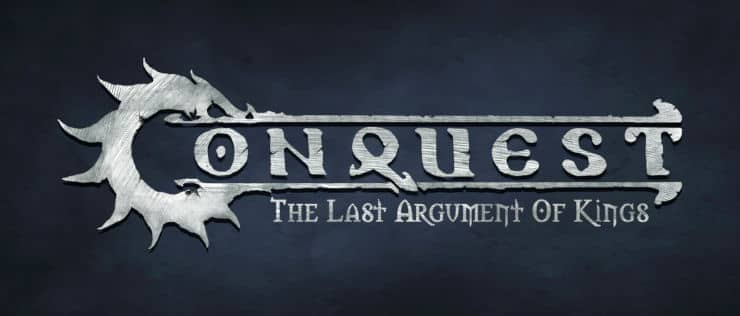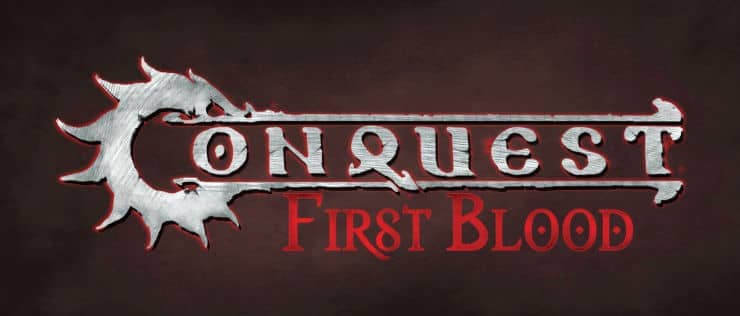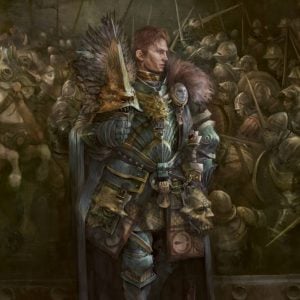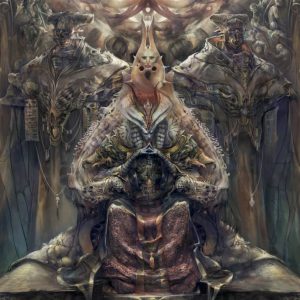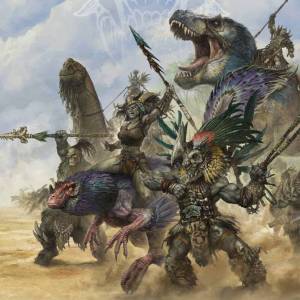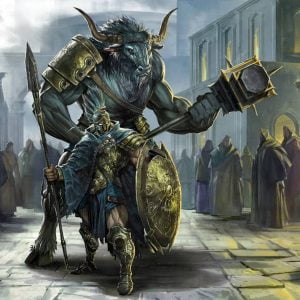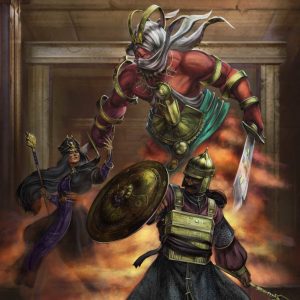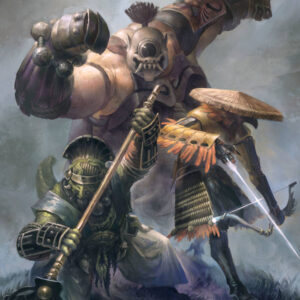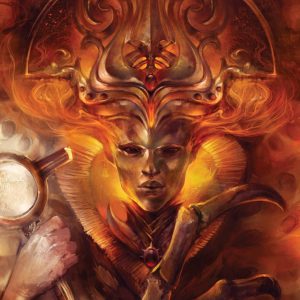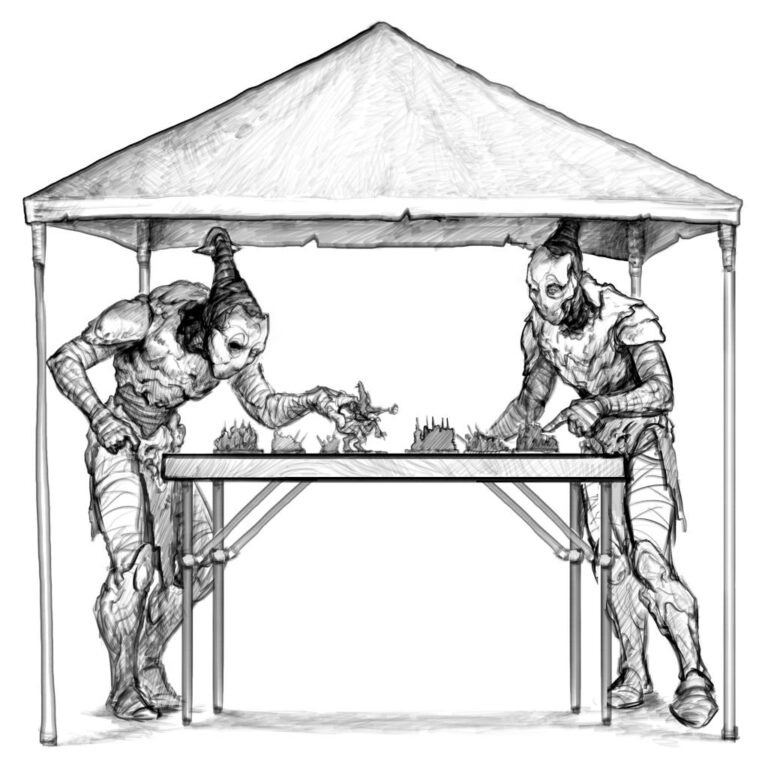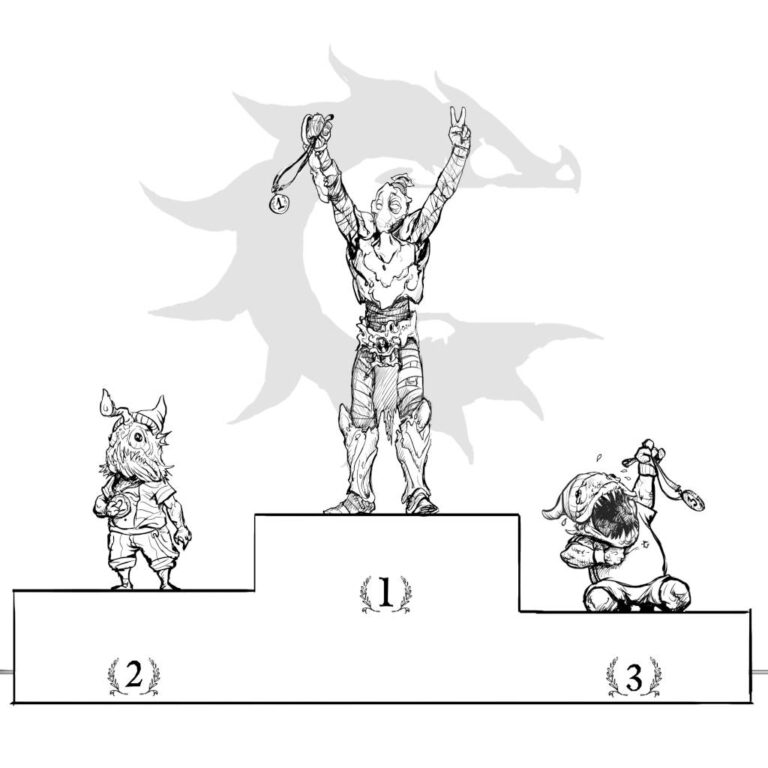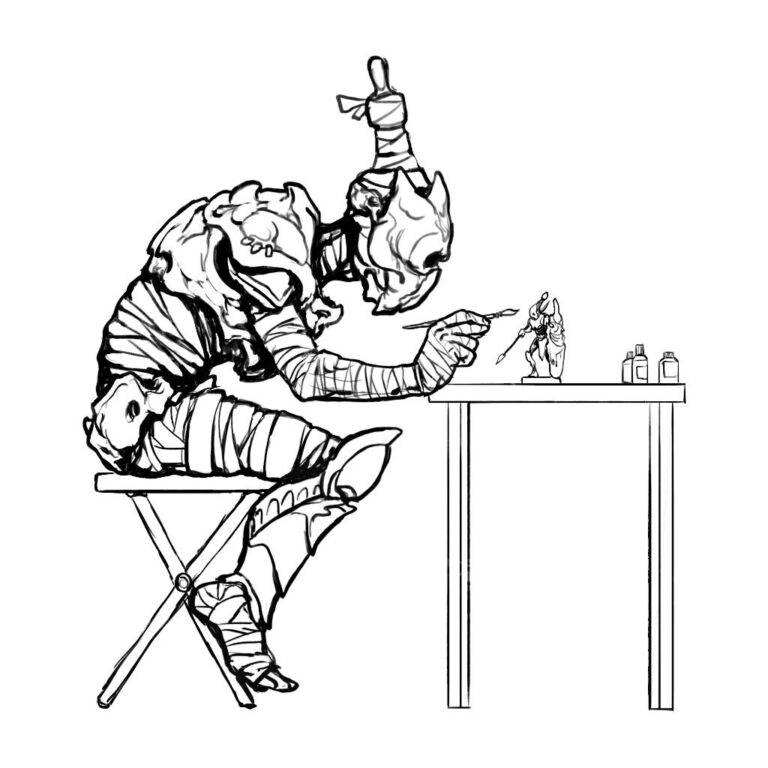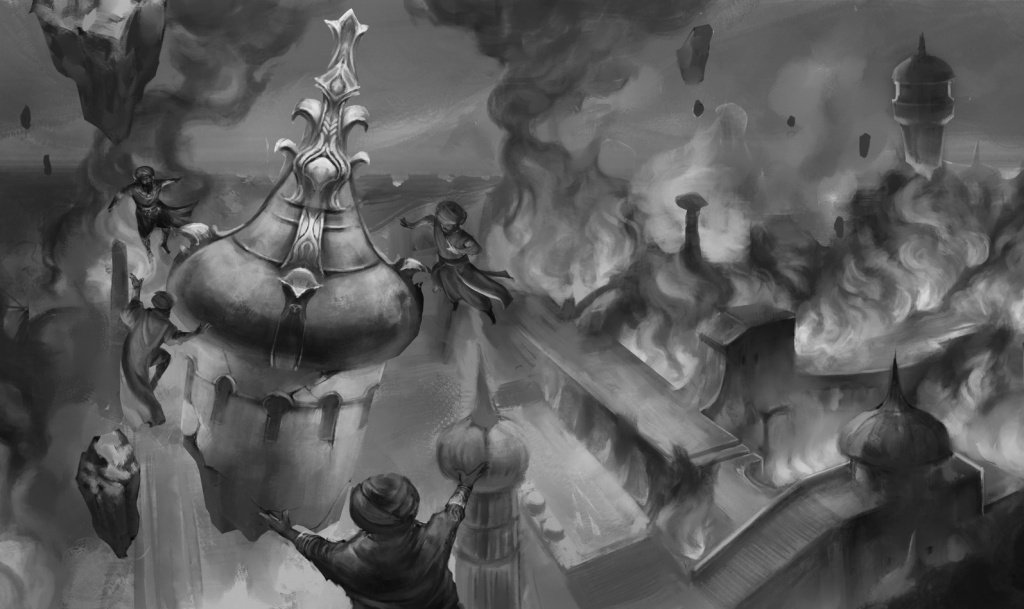
With the war between the Sorcerer Kings and the City State of Tauria—one that served only to fan the fire of discord—coming to its bloody conclusion, the settlement of Taj’Khinjaha found itself defeated and humbled. At the city of Boubalia, the thunderous Skypiercer Yindak fought against the serpentine general Persenia the Gorgon and came out as the lesser warrior, forced to retreat toward the holding of his master, the Vizier, Jahan. As a result, Tauria flooded the Allerian Plains with its forces and encircled the holding of the Court of Fire with its influence, the once burgeoning settlement now strangled and limited by the vise-like grip of its enemy—for the bull-god Minos and his followers are not known for their leniency against their foes. This did not spell the complete end of Taj’Khinjaha, however, for Tauria was content to solidify its influence in the Allerian Plains rather than risk more resources in eliminating the foothold of the Sorcerer Kings—the city of Gerona, as it was, had proved to be untrustworthy, and the bull-bound City State saw in them a greater potential threat.
The Vizier, a seasoned statesman and well-versed in the ways of courtly intrigue, immediately got to work, maneuvering the blame of this defeat toward Yindak. Rather than address the necessity of the war in the first place—where no small blame befell Jahan himself— Tauria’s strong military traditions were allowed to pay the City State as the clear, unprovoked aggressor, while the aptitude of the Skypiercer on the field was doubted, despite the ample resources and manpower that had been afforded to him. To his surprise, the Skypiercer showed not willingness to dispute this, accepting the loss on the field as his failure. Satisfied, and certain that his Regent and Court would readily accept this, as it would possibly be used against the Court of Air in future negotiations. When word from the continent arrived, however, Jahan was ordered to return Yindak to the Court himself—a clear sign that his political opponents had moved faster than him to twist events in their favor.
In the absence of Jahan, it fell to the Voice, the Vizier’s most trusted servant and his second in command, to lead the broken Taj’Khinjaha. Yet his tenure was not to be without problems. Some of the most prominent investors of the endeavor still looked for ways to make their investment work—and the Voice did not seem like the man to make it happen for them. Civilian settlers, brought there by the promise of new opportunities, also demanded too much and too angrily from the Voice and for a moment it seemed that the town’s fate would be sealed by its own people. Much to his relief, four Mahabarati were sent from the continent to ensure that this foothold to Alektria was not entirely lost. Indeed, with their help, the Voice kept the wheels turning, avoiding any significant or impactful decisions, while the Mahabarati kept the forces of the town well trained and maintained, ensuring that the town would endure. However, enduring was the best the town could hope for.
Deprived from its former trade contracts and effectively cut off from the trade routes by Tauria, the town withered. With the contracts terminated, the greatest traders left almost overnight, while most other merchants followed soon after. Within a couple of weeks, most foreign traders had left, leaving the market town a shell of its former self. Where once there had been bustling markets that saw traders from across the world, with merchants, craftsmen, mercenaries, and dignitaries representing a plethora of races and creeds, there was now emptiness and the hollow promise of what could have been. The multicultural and magical wonder that was the settlement—one of unbridled potential—was now a maze of incomplete building and infrastructure, a stone-bound cadaver of half-abandoned buildings and sparsely traversed streets.
To the tide of fleeting foreigners, many settlers soon followed, either returning to the continent or venturing further in, chasing their lucks elsewhere. Little by little, the town was turning into little more than a fishing village. As happens often in such cases, new… traders began trickling in town, promising less-than-legal ways to bypass the restrictions. Most were driven away by the Mahabarati, as the Voice proved too timid to allow such gambles and risk angering Tauria—or worse, his master upon his return. Others were allowed to stay, and the town would remain alive, with at least some properties being reopened and inhabited but leagues away from its former, budding glory. Thus, Taj’Khinjaha’s future remains uncertain as does the fate of its true figureheads—Jahan the Vizier and Skypiercer Yindak. The course that the settlement will take is bound to be defined by whoever assumes the mantle of leadership in the future, whether it is from them two or someone else. Tauria does not seem to want to press their advantage—so far at least—while the other City States still avoid risking confrontation with Tauria by attempting to support or influence the town. The Elemental Courts, entangled in the political machinations that brought both the military and political leadership of the city away, seem more concerned with their powerplays than their impact on the real world, content to at best simply allow the town to exist as a possible foothold for when and if it is needed, at worst to forget the town altogether. In what remains of the town, the Voice still balances between the handful of prominent trade houses that keep agents in place—agents who are eager, through favor or… other means, to take control of the city. The Mahabarati keep things in check, but do not involve themselves in politics other than through their presence and support of nothing and no one but the status quo. Until then the situation is clear, it is a lost cause for most; but a possible opportunity for those who know how to make the best of it.

